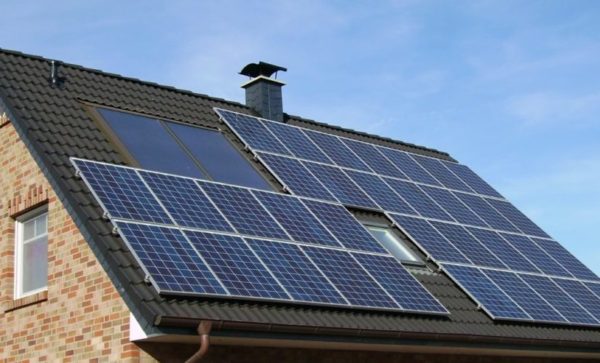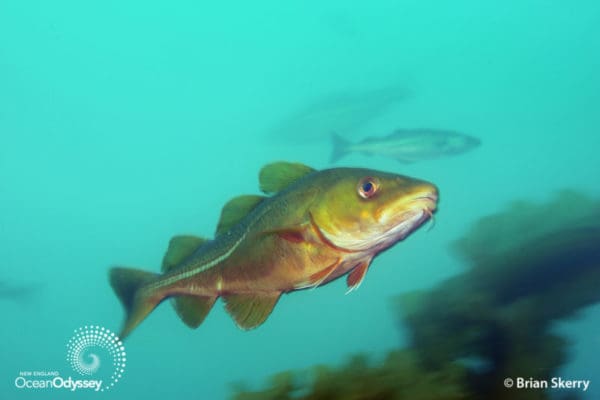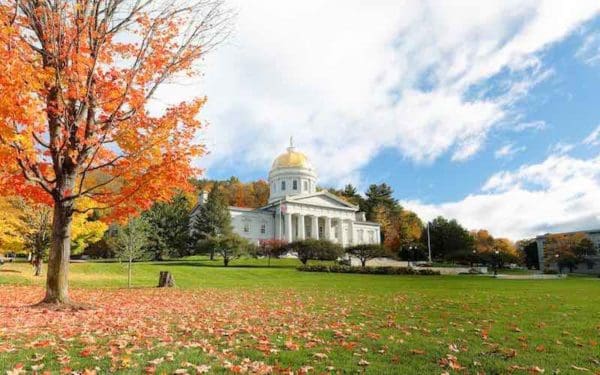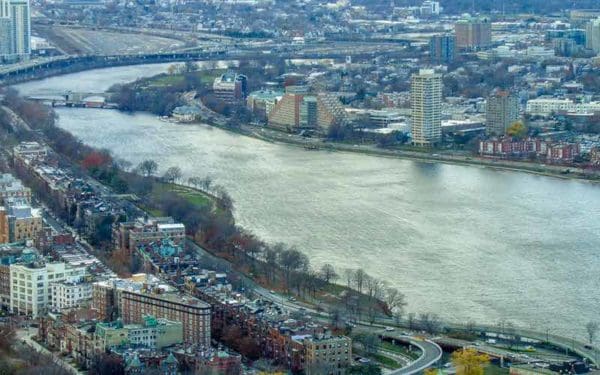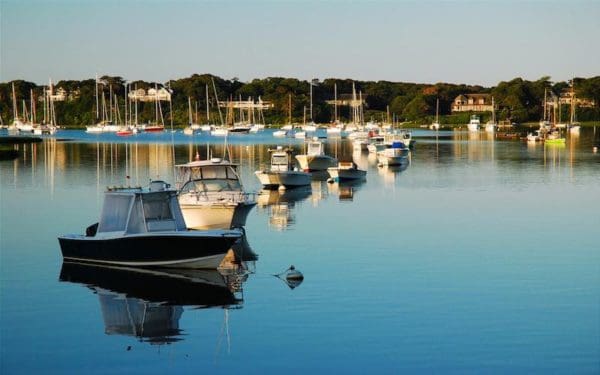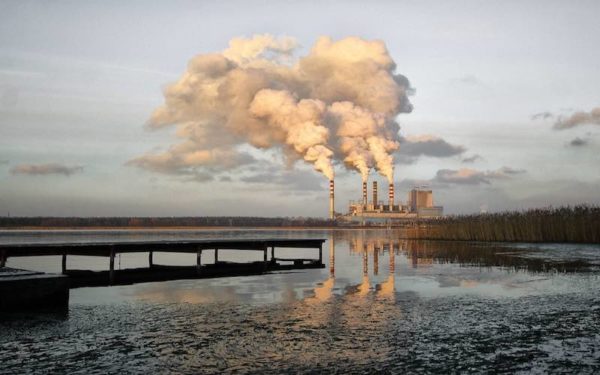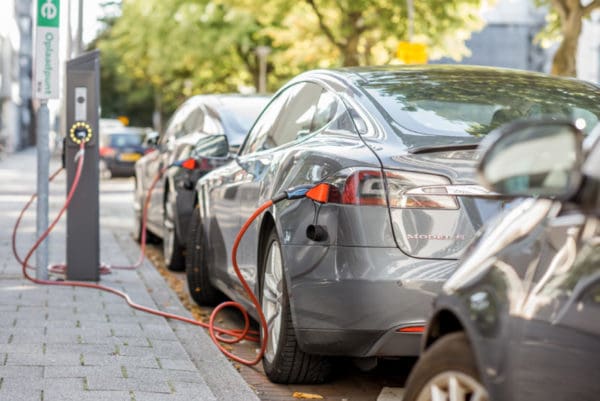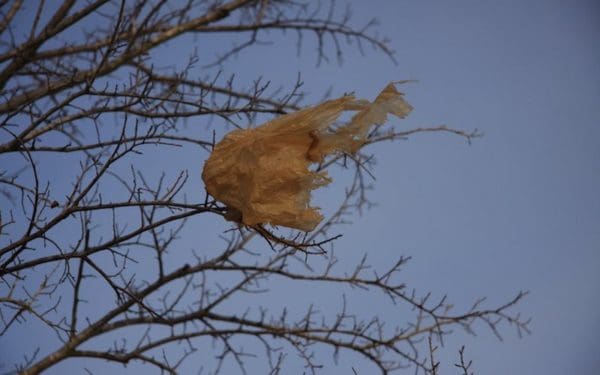Jan 17, 2019
“Storing energy inside our homes is a win for New Hampshire residents and the environment,” said Melissa Birchard, Senior Attorney at CLF. “Today’s decision will help families save money on their electric bills and keep the lights on when winter storms inevitably strike. We must continue to find innovative ways to reduce climate-damaging emissions and encourage clean energy over polluting fossil fuels.”
Jan 14, 2019
“Too many of New England’s fisheries are still in crisis,” said Peter Shelley, senior counsel at Conservation Law Foundation. “Without knowing how many fish are actually being caught and being discarded at sea without being reported, the agencies are managing the fishery in the dark. This irresponsible management isn’t tolerated anywhere else in the country, and it’s unacceptable in New England as well.”
Jan 11, 2019
“This historic agreement ensures that the Pease Development Authority will be playing by the same rules as communities throughout the Seacoast and will comply with the Clean Water Act. The health and safety of our waters is essential to our communities and our economy. No one has a right to pollute them.”
Jan 10, 2019
“Governor Scott has clearly recognized the urgent need to protect Vermont’s children from lead poisoning from drinking water,” said Jen Duggan, Vice President and Director of CLF Vermont. “Our children, teachers, and school workers are at risk of being exposed to lead as we speak, and we cannot wait any longer to fix this problem.”
Jan 10, 2019
“The hybrid option ensures a more sustainable community around the Charles River while providing a necessary link to Boston,” said Amy Laura Cahn, Interim Director of the Healthy Communities and Environmental Justice program at CLF. “However, MassDOT ignored its legal obligation to study how each option would minimize environmental and climate harms. The public needs to know that the project will prioritize the health of the river, maximize public access, and protect an area vulnerable to flooding.”
Jan 10, 2019
“Nitrogen pollution is destroying Cape Cod’s bays and beaches and damaging the Cape’s economy,” said Chris Kilian, Vice President of Strategic Litigation at CLF. “Illegal sewage discharge from Wychmere Beach Club is wreaking havoc on water quality.”
Jan 08, 2019
“This report speaks loud and clear—fracked gas is increasing our carbon emissions and harming our environment,” said Greg Cunningham, VP and Director of CLF’s Clean Energy and Climate Change program. “Coal’s sharp-dressed cousin is continuing us on a path to irreparable and costly climate damage. It is imperative that we shift our clean energy transition into high gear and accelerate our clean car standards to reverse this trend.”
Dec 18, 2018
“The health and economic well-being of people and our planet depend on bold action today to create a transportation system for the future,” said Amy Laura Cahn, director, Healthy Communities & Environmental Justice program at Conservation Law Foundation. “Environmental justice communities have the fewest resources to adapt to the impacts of climate change but have long borne the greatest burdens of pollution and transportation inequity. We welcome a regional problem-solving approach, but our most disadvantaged residents must have a seat at the table.”
Dec 14, 2018
“Today’s report provides a bold vision for the future of Massachusetts, reminding us that our transportation infrastructure needs a massive increase in investment and innovation while ensuring equal access for everyone,” said Bradley Campbell, President of CLF. “The report throws down a gauntlet to the Legislature and the Baker administration to act, without delay, to protect the health and prosperity of families and businesses in the Commonwealth.”
Dec 14, 2018
“There’s no reason why single-use plastic bags need to be a part of our daily lives,” said Kirstie Pecci, Director of the Zero Waste program at CLF. “Most bags end up filling our landfills, littering our communities and waters, and polluting our air when burned up in incinerators. The citywide ban in Boston is a good start, and we must also ensure that any ban does not burden our elderly or low-income neighbors. We have a real opportunity to end this waste and pollution throughout New England and we must act now.”
